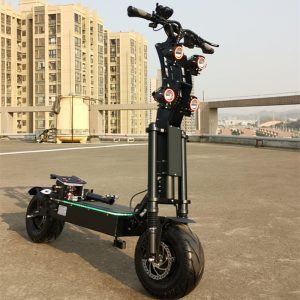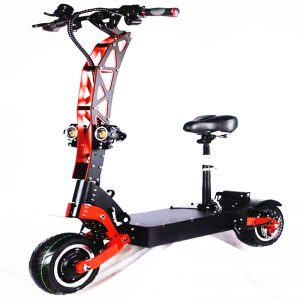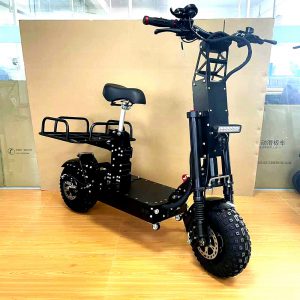Electric City and Coco Scooter: The Future of Transportation
The world is changing, and with it, our modes of transportation. As cities become more crowded and environmental concerns grow, a new generation of electric vehicles is emerging. Two such vehicles that are leading the charge are the Electric City bike and the Coco Scooter. These innovative companies are using cutting-edge technology to create greener, cleaner, and more accessible modes of travel. In this article, we will explore the future of transportation, and how these two companies are paving the way.
The Electric City Bike
The Electric City bike, also known as the e-bike, is a battery-powered bicycle that allows riders to travel longer distances without pedaling. The bike has a lightweight design, making it easy to maneuver through traffic, and a rechargeable battery that can be charged at any location. The best part? The e-bike produces zero emissions, making it an eco-friendly alternative to cars and motorcycles.
Founded in 2015, Electric City has quickly become a leader in the electric bike market. The company designs and manufactures a variety of e-bikes for different purposes. Some models are designed for commuting and city riding, while others are perfect for off-road adventures. What sets Electric City apart from other e-bike manufacturers is its commitment to sustainability. The company uses recycled materials for its bikes and operates a recycling program to ensure that its products have a minimal impact on the environment.
The company’s success can be attributed to several factors. Firstly, the e-bike is an affordable mode of transportation compared to gas prices or car ownership. This makes it accessible to a wide range of people, regardless of their income level. Secondly, the bike’s convenience; users can easily navigate through traffic and avoid parking spots, saving time and hassle. Finally, Electric City’s focus on sustainability has resonated with consumers who are increasingly aware of their carbon footprint and want to make a difference.
The Future of Electric Vehicles
The rise of electric vehicles (EVs) has been nothing short of remarkable. In recent years, governments around the world have set ambitious targets to reduce carbon emissions and promote the use of clean energy. To meet these goals, many automakers have turned to electrification, producing cars and trucks that run on electricity rather than fossil fuels.
The EV revolution is not just about reducing emissions; it’s also about creating a more sustainable transportation system. Electric vehicles produce zero emissions during operation, making them a much cleaner alternative to traditional gasoline-powered cars. Additionally, EVs require less maintenance and have lower operating costs compared to their gas-powered counterparts. Furthermore, as renewable energy sources like solar and wind continue to develop, the cost of producing electricity for EVs will decrease further, making them even more attractive.
One of the most promising players in the EV market is Tesla, which has disrupted the automotive industry with its innovative electric cars. However, there are many other companies working on developing EVs that could potentially compete with Tesla’s offerings. Companies like BYD and NIO are investing heavily in research and development to create affordable electric vehicles that cater to a broader audience.
Another promising player in the EV market is China’s Li Auto, which launched its first mass-market battery electric vehicle (BEV) in 2018. Li Auto’s Li ONE is designed to be an affordable alternative to gasoline-powered cars and offers up to 800 miles per charge. The company has received backing from tech giant Tencent, which sees potential in Li Auto’s technology and plans to integrate it into its own electric vehicle fleet.
Conclusion
The future of transportation is undoubtedly electric. From scooters to cars, electric vehicles are becoming increasingly popular as people look for ways to reduce their carbon footprint and live more sustainably. Electric City and Coco Scooter are leading the charge in this revolution, providing eco-friendly alternatives to traditional modes of transportation. As more companies invest in EV technology and consumers demand greener options, we can expect to see significant changes in the way we get around in the coming years.




